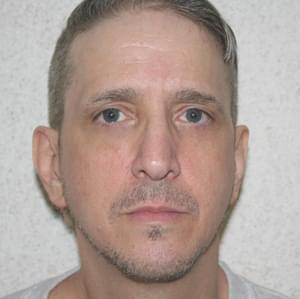
In a recent interview with The Marshall Project, former United States Supreme Court Justice Stephen Breyer discussed his twenty-eight years of experience on the Court and the evolution of his view on the death penalty. He explained that he did not go to the Supreme Court intending to overturn the death penalty, but “[i]t’s so unfairly administered. There’s neither rhyme nor reason. The whole point of this criminal justice system is fairness.… I’m not saying, ‘You’re all innocent.’ But there are a couple of cases where I really wonder.”
“You can’t have both, in my opinion: a system that is basically fair, a system that works honestly, a system that tries to treat people equally — and also have a death penalty, as I’ve seen it over 20 years.”
His comments echoed the concerns he previously identified in his dissent to the 2015 Supreme Court decision in Glossip v. Gross, where he challenged the Court to reconsider whether the death penalty was constitutional.
“Every so often I would write something to remind people of Glossip,” Justice Breyer said. “And I would say, this person has been on death row for [25] years. Is that going to make a difference to general deterrence? To specific deterrence? To reforming his character? Or even to vengeance, if you want to call it that, or retribution. I don’t think so. I would write something and say, ‘What is going on? It’s very expensive. What’s happening here? And look at this case.’ So I do that occasionally because I don’t want people to forget. The [state] legislatures, too. They can read very well.”
Richard Glossip recently had his ninth execution date stayed by the Supreme Court while it considers his claims of innocence. The Oklahoma Attorney General confessed error and moved to vacate his conviction, but the Oklahoma Court of Criminal Appeals upheld his conviction and death sentence. A petition for certiorari is currently pending at the Supreme Court, and on June 5, the Innocence Project and six legal scholars who focus on legal ethics and the professional responsibility of trial lawyers and prosecutors filed separate friend-of-the-court briefs in support of Mr. Glossip.
In the interview, Justice Breyer discussed other capital cases, including Dzokhar Tsarnaev, whose argument that he had been denied the opportunity to present evidence during his trial in connection with the Boston Marathon bombing was rejected by the Court. “Jesus, what should you do with this person?” Justice Breyer asked. “Execute him? Please. How is that helping?”
Read Justice Breyer’s dissent in Glossip v. Gross, 576 U.S. 863, 908 (2015) here.
Beth Schwartzapfel, Stephen Breyer Wants the Supreme Court to Avoid ‘Self-inflicted’ Wounds, The Marshall Project, May 31, 2023.
Visit the SCOTUSblog page on Richard Glossip’s pending appeal here.
United States Supreme Court
Nov 04, 2024

United States Supreme Court Sends Case of Alabama Death-Sentenced Prisoner Back to 11th Circuit Court of Appeals
United States Supreme Court
Sep 16, 2024

